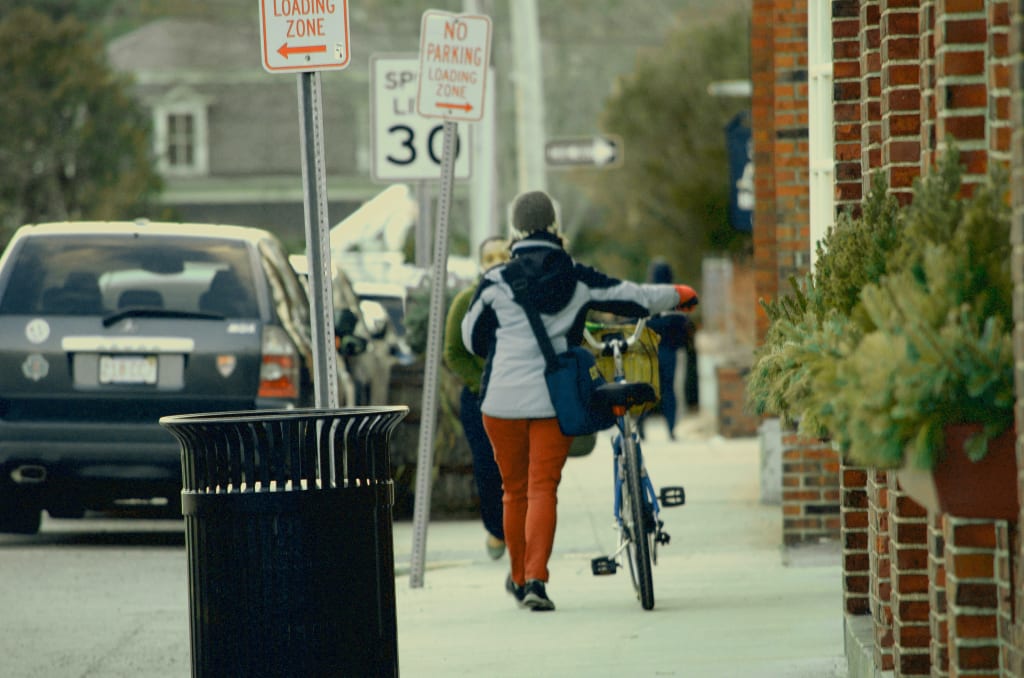Gun Control in the United States from American History?
Is the relatively loose gun control in the United States related to the history of the United States, and if so, how has the history affected the gun control in the United States? Are America's relatively lax gun controls really beneficial? Did it reduce the crime rate in the United States? How much of an effect does it have on suicide rates?

Don't put the American people's "right to bear arms" as the government or the rights of the constitution "to give" freedom of speech, freedom of the press freedom, freedom of religious belief, demonstration, privacy, etc. Are all the same, these rights are not (amendment) given by the constitution, the constitution (amendment) said that "no law", is the right "inviolability". What does that mean? It means that the U.S. Constitution believes that these rights are inherent to citizens and cannot be conferred by the government. Don't underestimate this difference. Understanding this difference is the key to understanding many of the "incredible" phenomena on this side of the ocean.
Back to the question: "Is there a connection between the relatively loose gun control in the United States and the history of the United States?" Of course, there are opportunities and dangers in the New World, which was once a colony of the British Empire. Then he felt that the imperial government was unkind, so he raised the flag and rebelled. It was also because every family had guns that they could fight. But: according to the idea of people here, should establish the central government to ban guns? When the battle was over, General Washington and the rest of the army went home. There was no central government, because the rebels thought that the old "central government" did not work. Who could guarantee that a new one would work? (Stupid, it must be called the People's government for the people.) There was actually quite a bit of time between the end of the Revolutionary War and the formation of the federal government.
When they met in Philadelphia in 1787 to write the Constitution, the 13 colonies were politically distrustful and economically hostile (and remained so for years after the federal government was formed). In addition to their antipathy to British imperial rule, the public was anxious about the establishment of a central government. But one thing is certain: Regardless of the constituent assembly on or after the discussion of states for examination and approval, whether to need to "gun control" never be issue on which there is no "father of the nation", the governor, generals, judges or lawyers worry that everyone has a gun will damage rule, will again someone mutiny, after all, everyone has a gun, all efforts, to make this run king sent "the governor", None of these viceroys banned guns, and if you do so right after you run away from your old employer, that's not a bad idea. In fact, the gun is someone else's, "good day" is everyone with a gun to hit out, and you with what? So the Second Amendment to the Constitution does not say that people "have the right" to bear arms. It says that "the right of the people to keep and bear arms shall not be infringed." The Constitution of the United States is only binding on the actions of the government, because the Constitution governs the government, not the people, so here it says "shall not be infringed," or the First Amendment says "shall not make... The law "is the same, this (some) rights people originally have, forbid the government to infringe.
In this historical context, "gun control" can be said to be out of the question. In addition, the United States was the first state (already independent and free), and the federal government was established many years later. Such a long-term high degree of autonomy, free from the interference and jurisdiction of the central government, is common in European history. It is really hard to imagine for the Chinese nation, which has always believed that there is a country before a home, and there is a central before a local. So for guns, Chinese people think more about "how come the government doesn't even care about this"; And for thousands of years, not to mention guns, even knives and even iron were once a comprehensive control to kill the head of a criminal. In addition to the government, there were only "strongmen" (robbers and bandits) who owned weapons. Naturally, they felt that the world would be in chaos with guns. What the litigant thinks is, "Can the government control this?", "What will happen if the government can control this?", "What if guns are banned today, but what if they don't speak tomorrow?"... More realistically, "What if you hand in a gun and meet a strongman? Will they do the same?" It is not difficult for even Chinese people to understand that everyone already has guns. If they say that they should be banned, how can they be banned? How do we get everyone to voluntarily hand over their guns? Even if the vast majority of people obey the law and hand in guns and stop buying them, there is no way to prevent those who want to hide guns for the bad people or get guns through illegal means. The actual effect of gun prohibition is that the "good people" are unarmed, but the "bad people" (the government) are just making it easier
In the United States, "government power is weak, civil rights are strong, and the news media is strong." The people can do anything not prohibited by the law, and the government can only do what the law explicitly permits. The history and culture of the United States are full of a deep distrust of government. In the eyes of Americans, government officials have power, and power corrupts people. Therefore, officials at all levels may be full of potential villains and corrupt elements, "organized crime groups". When Ronald Reagan was president, he was very popular and very popular, but he still said, "Government is not the solution, government is the problem." Some people may say that Reagan was a conservative, and the Republican Party always emphasized cutting taxes and limiting government, but the liberals are not so clear-cut. For example, Supreme Court Justice Brandeis once said, "The most important thing we can do is to do nothing."
Later questions: "Is America's relatively lax gun control really beneficial? Did it reduce the crime rate in the United States? What is the impact on suicide rates?" Personally, I think it is so big that each one can write an unknown number of tomes, such as the identification of the existing "gun control" in the United States? What about "beneficial"? How do you disentangle the relationship between economics, education, immigration, weapons and crime rates, and determine how much of it is related to guns? How to determine whether people who commit suicide will seek other means when they do not have a gun, and how the presence or absence of shooting will affect their decision... Each of these questions is extremely complex and beyond my personal ability or the limit of time and energy I can devote, so I did not answer them. Sorry.





Comments
There are no comments for this story
Be the first to respond and start the conversation.